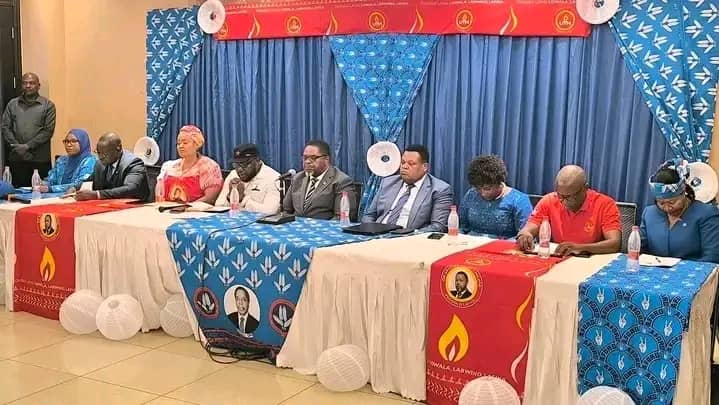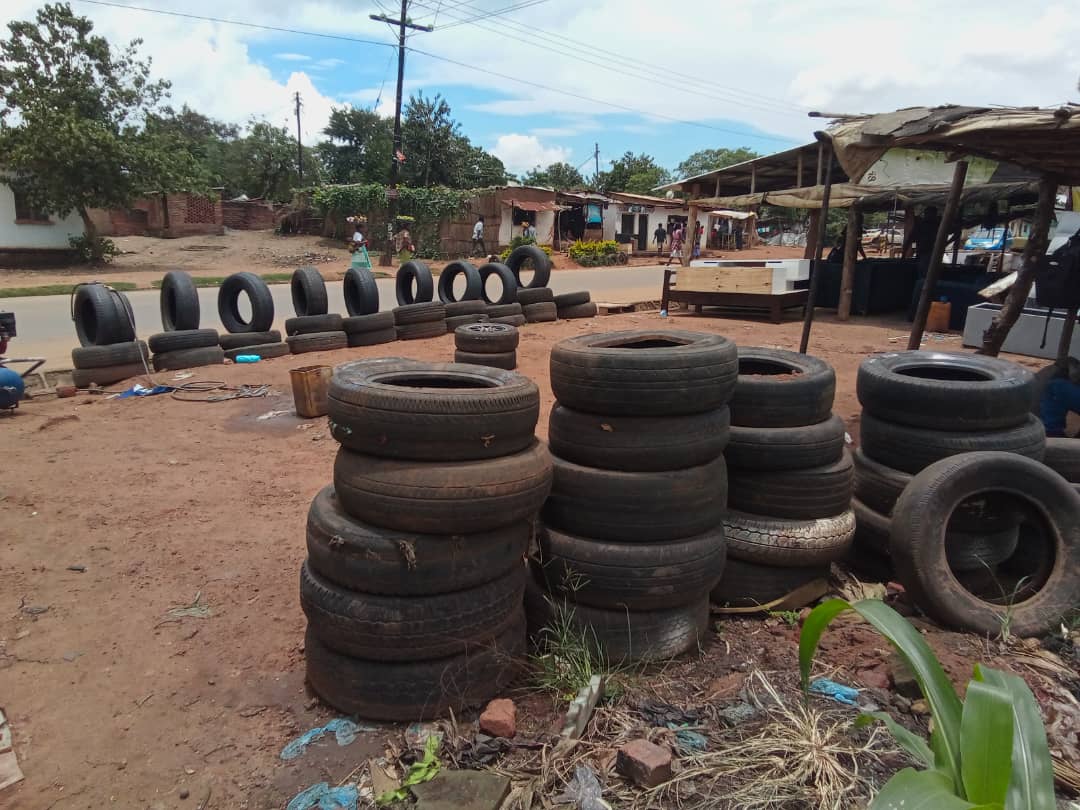By Burnett Munthali
The Anti-Corruption Bureau (ACB) is grappling with a severe operational crisis as key officials have been reported spending an excessive amount of time outside Malawi. Recent revelations highlight that the top management, including Acting Director General Hillary Chilomba, has been abroad for extended periods, severely impacting the bureau’s functionality.
According to reports, seven senior managers of the ACB were out of the country for 14 days, shortly after the departure of former Director General Martha Chizuma. The trips have reportedly consumed approximately K70 million in allowances, a significant portion of the bureau’s monthly funding. This pattern of frequent international travel has raised concerns about the misuse of resources and the overall management of the ACB.
The situation has deteriorated further this week, with five directors and top managers again spending 14 days abroad. This continuous absence has brought critical operations of the ACB to a standstill. Essential functions such as prosecutions, investigations, and public education have ceased, causing substantial delays in the bureau’s work.
The disruption has not only hindered the ACB’s effectiveness but has also led to practical issues, such as vehicles being grounded or confiscated by dealers and service providers due to lack of maintenance and payment.
The ongoing travel of the top brass is seen as a major impediment to the bureau’s ability to combat corruption effectively. The lack of oversight and the halt in operations undermine the ACB’s mission and exacerbate the challenges in addressing corruption within the country.
As the ACB struggles to maintain its operations amid these setbacks, questions are being raised about the accountability and management of its leadership. The situation calls for immediate attention to restore the bureau’s functionality and ensure that its resources are used effectively to combat corruption




